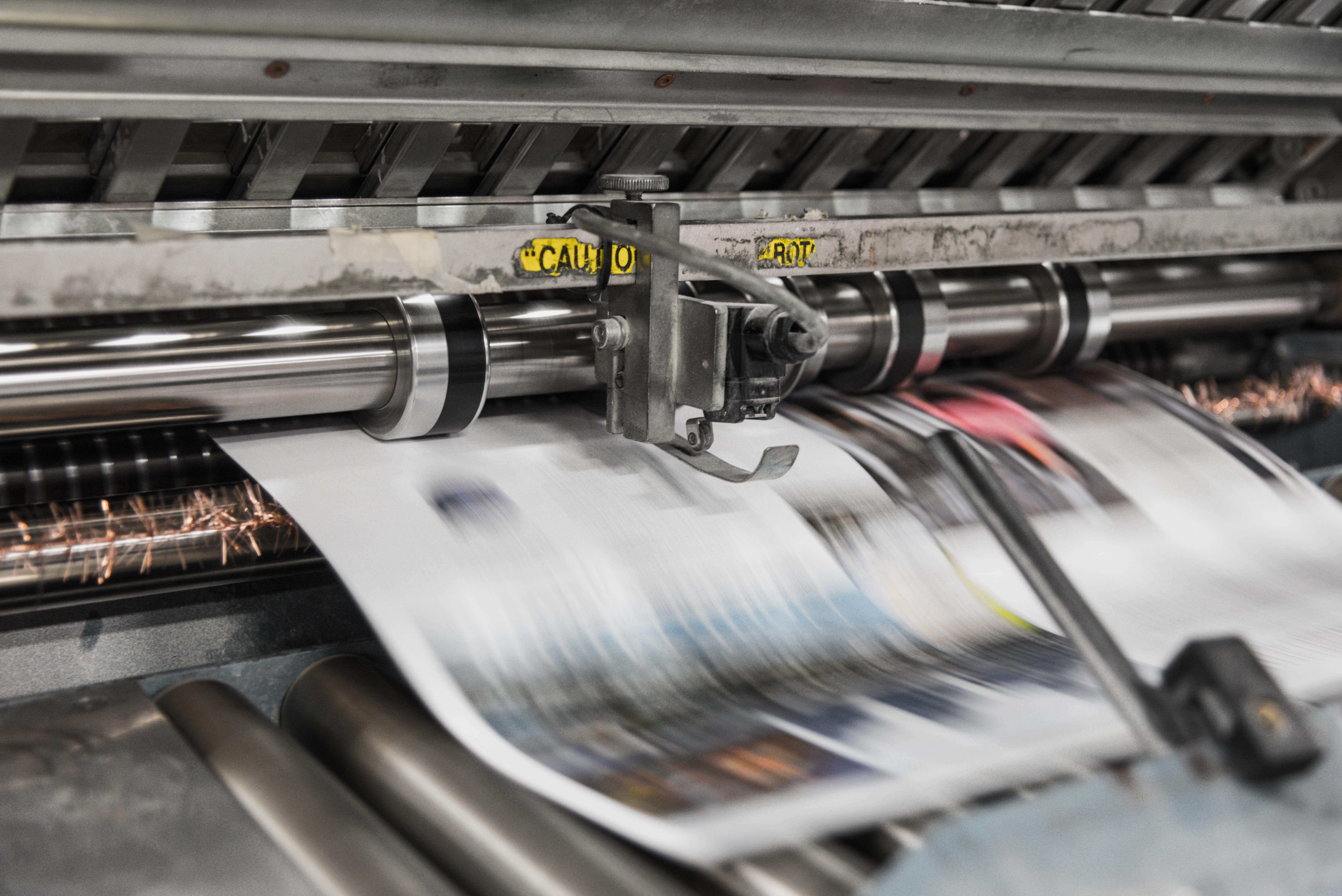News
Enabling local circular transitions for a sustainable future
29 Apr 2024
Growth has been the shorthand for improving standards of living for decades. In reality, this dependency has also proven to cause unsustainable resource depletion and environmental degradation with severe social, environmental and economic consequences. Replacing the linear "produce, consume, discard'' economic model with a circular one, offers a solution for addressing the global challenge of climate change while creating economic opportunities and social impacts at the local level.
Cities, together with their citizens and industry, have an opportunity to shape this transition. However, a lack of financial resources and expertise, and prevalent financial and regulatory frameworks, however, currently often hinder local mainstreaming of circular practices. A new report issued by the Circular Cities Declaration (CCD) provides insightful analyses and inspiring local examples to support unlocking the potential of the circular economy in European cities and regions.
The Circular Cities Declaration was launched by ICLEI with a wide range of European stakeholders in 2020, in response to the European Commission’s Circular Economy Action Plan (CEAP). Its main scope is to provide a commitment, foster connections, share best practices, and empower cities to embrace circularity.
Four years into its mission, the Declaration has more than 80 signatories and remains open for interested cities to sign and join the movement. The findings from this year’s report are based on data collected in 2023 from 54 CCD Signatories, collectively representing 16 million inhabitants. With insights from experts from ICLEI Europe, the Ellen MacArthur Foundation and Circle Economy, the report captures the progress made by cities, focusing on target-setting, impact measurement, and nature regeneration to support others in their circular journey.
Minna Arve, Mayor of Turku (Finland), Member of ICLEI Europe’s Regional Executive Committee and founding signatory of the Declaration, highlights that: “This Progress Report provides valuable insight for decision-makers at every level of government. To cities, it will provide inspiration and practical learnings, and to governments or to the EU, it will shed light on implementation and will hopefully inform future policies.”
Circular journeys in city
An old hovercraft terminal earmarked for demolition in ICLEI Member Malmö (Sweden), underwent an assessment by the city to determine the potential for reuse of materials such as concrete tiles, marble flooring and metal roofing to avoid unnecessary demolition waste. The city then sold or repurposed salvaged materials through a digital marketplace where buyers and sellers of products and services for re-use can connect. ICLEI Member Guimarães (Portugal) has also embraced a circular approach for designing a multi-level food waste prevention programme. The programme combines awareness-raising, promotion of local food consumption and taxation mechanisms, all contributing to its zero waste commitment.
These and over 200 hundred concrete, replicable and innovative examples of circular actions across all economic sectors and value chains are currently captured in the report, demonstrating that cities are increasingly taking ownership of their circular journeys.
Navigating challenges, unleashing opportunities
Whereas important progress was made and 78 percent of the cities contributing to the report have circular strategies in place, challenges in the form of limited resources, expertise and financial and regulatory frameworks shaped around linear economic models persist. While infrastructure development and awareness campaigns are common strategies, there's room to leverage economic policies to promote circular practices. Overcoming these challenges requires deeper integration of the circular economy across city administrations and the means for measuring progress, take informed decisions and allocate resources effectively.
Finally, the report highlights a core, yet often overlooked, principle of the circular economy, and a growing concern for cities in the coming years: nature regeneration. With the EU’s Nature Restoration Law (learn more about “The proposed EU Nature Restoration Law: what role for cities and regions?” here) committing the EU to restore all ecosystems in need by 2050, there is a growing need for cities to fully understand and unlock the potential of circular models for nature restoration.
Towards circular horizons
Taking steps to address these challenges, the CCD Report 2024 outlines six priority actions for cities and urban stakeholders to accelerate local transitions: establishing common circular economy metrics, adopting more ambitious targets such as consumption-based emissions reduction, integrating circular approaches across city departments to unlock vital resources, innovating systemic circular solutions, advocating for a new paradigm, and embedding nature considerations into all decision-making processes.
Tailored support services for local and regional authorities, are highlighted in the report. These include consultancy and advisory services provided by the European Investment Bank’s Circular City Centre, the Circular Cities and Regions Initiative (CCRI), and knowledge platforms like the European Circular Economy Stakeholder Platform (ECESP).
Join the movement!
Meet ICLEI’s circular economy team at the European Conference on Sustainable Cities and Towns in Aalborg (Denmark) from 1-3 October 2024 or reach out to info@circularcitiesdeclaration.eu to join the movement of circular cities and regions via the Circular Cities Declaration.
All news

